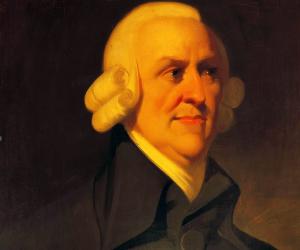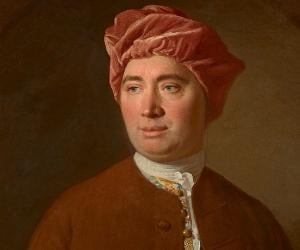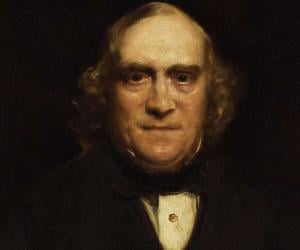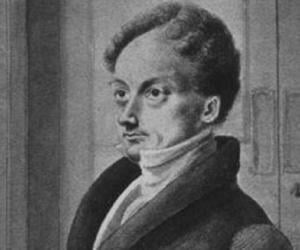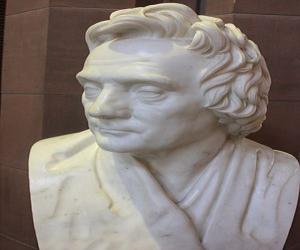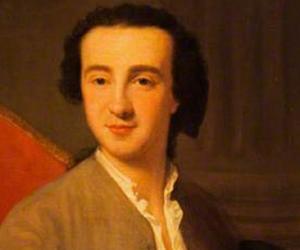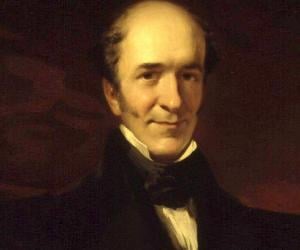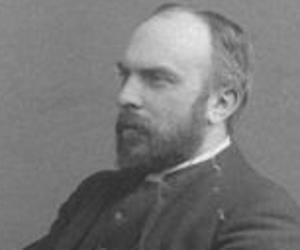1
Adam Smith
(18th Century Scottish Economist Who is Considered the Father of Modern Economics)
Birthdate: June 5, 1723
Sun Sign: Gemini
Birthplace: Kirkcaldy, Fife, Scotland
Died: July 17, 1790
Adam Smith was a Scottish economist and philosopher known for his pioneering work in political economy during the Scottish Enlightenment. He authored influential works such as The Theory of Moral Sentiments and The Wealth of Nations, the latter being considered his magnum opus. Smith's ideas laid the foundation for classical free market economic theory, introducing concepts such as the division of labor and the role of rational self-interest in driving economic prosperity. He held a professorship at the University of Glasgow and made significant contributions to the field of economics.
